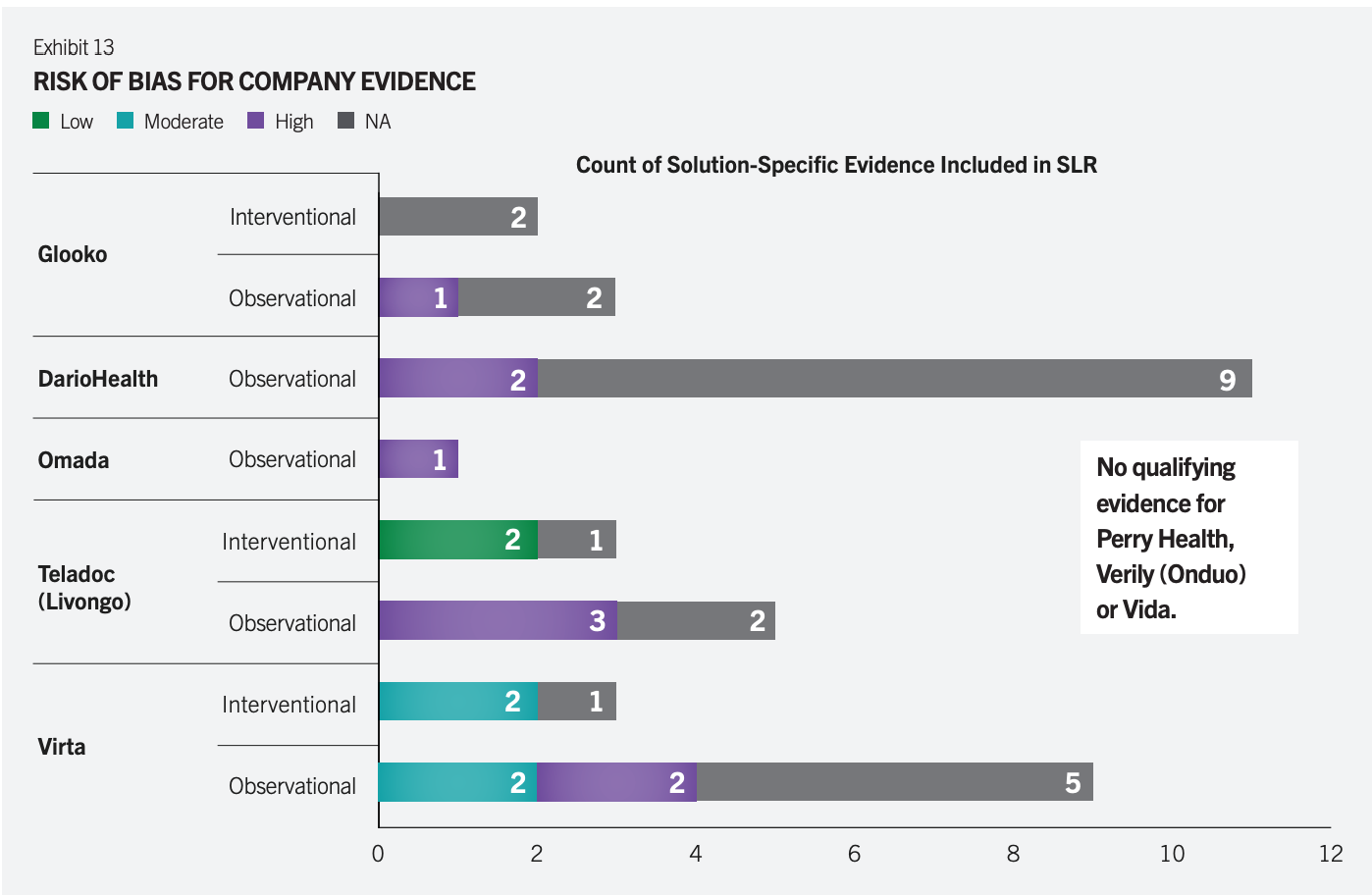artificial intelligence
Can too much hype tank generative AI's potential?

Top leaders from Microsoft, Google and Nvidia have framed the advent of generative AI as a tectonic shift — but clinicians, computer scientists and researchers have cautioned that the breathless corporate rhetoric could overstate the technology's potential in health care and ultimately backfire, my colleague Casey Ross reports. At the Nvidia GTC conference last week, the company's firebrand chief executive Jensen Huang proclaimed the "generative AI revolution," but practitioners steeped in health care's day to day think the shift won't happen overnight.
And people lose faith in science and medicine when "promised things that are not delivered," Rob Patro, a computer science professor at the University of Maryland, told Casey. That makes AI marketing challenging because investors, clinicians and patients might believe transformational features, like faster and more accurate diagnostic aids, are arriving sooner than they are. Read more on the pitfalls, and what we've already learned from efforts like IBM Watson about AI's limits, here.
Digital therapeutics
Report: diabetes tech hasn't delivered relative to cost
A new report from the Peterson Health Technology Institute — a relatively new outfit dedicated to evaluating digital health — concludes that digital tools marketed as diabetes management services don't actually lead to clinically meaningful improvements, at least compared to the standard of care, my colleagues Katie Palmer and Mario Aguilar reported late last week. And instead of cutting costs, the digital health products that combine daily finger-stick blood glucose readings with app-based or human support actually increase medical spending, the systematic literature review finds. (Authors also assessed companies' risk of bias according to the solution-specific evidence they presented in clinical studies, as shown in the below graph.)

"Most of the solutions in this category do not deliver clinical benefits that justify their cost," Caroline Pearson, executive director of the institute, told Katie and Mario. Current clinical evidence, then, doesn't support broad adoption for most diabetes tech products, which include services from health tech darlings like Omada, Teladoc property Livongo, and Virta. Read more.
devices
What device makers think they can learn from Uber
In a First Opinion for STAT, assistant professor of surgery Kyle Sheetz and University of California at San Francisco medicine chair Bob Wachter argue that medical device makers are following the path already forged by ridesharing giants Lyft and Uber: overcoming regulatory barriers by drumming up enough demand for their services to counter any pushback. "On the one hand, this may be an efficient workaround to a cumbersome regulatory process that some believe stifles innovation," they write. "On the other hand, it may put patients at risk with new treatments or devices being adopted with enthusiasm outpacing credible evidence." Read more on their argument here, and please share your thoughts.


No comments